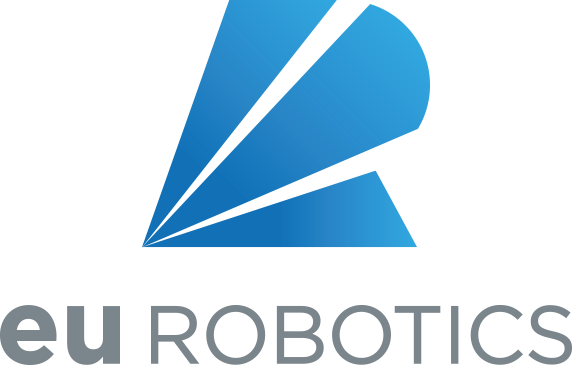Nowadays the Belgian robotics ecosystem encompasses a large set of actors and covers many relevant sectors. The decline in the need for traditional industrial robots in Belgium opened an opportunity for robotics to focus on new application areas and further diversification, leading to what is now a dynamic start-up landscape.
In this article we present two success stories of Belgian Companies and their development through their robotic applications.
Space Applications Services (SpaceApps)
Space Applications Services (www.spaceapplications.com) is an independent Belgian company, founded in 1987, aiming to research and develop innovative systems, solutions and products and provide services to the aerospace, security markets & related industries. In the last decade, the company succeeded to enlarge the scope of its robotics activities with the development of innovative robotics hardware and software solutions.
In the late 2000s, through a collaboration with the Universite Libre de Bruxelles (ULB), the company initiated the development of arm exoskeleton systems for the teleoperation of robotic manipulator in space. Based on this first successful experience, the company followed up its robotics R&D activities and gradually extended the range of products and applications. This evolution was performed in collaboration with Belgian Universities (i.e., VUB, ULB, KU Leuven), through national and regional initiatives, and with the European Space Agency (ESA) and the European Commision Research Programs which offered the opportunity to work with other European companies and research entities.

Today, the company proposes a large product portfolio. On the hardware side, the initial exoskeleton topic has been matured and extended to address other applications, like VR/AR immersion and training, terrestrial research and rescue support or astronaut countermeasure, aiming at offering exercise devices to fight the body deconditioning during long stay in space. The technologies and expertise developed in this topic have been in parallel applied to other robotics fields. The company is now also working on prototypes of moon rovers and robotic manipulator systems to answer the future challenges of space servicing operations and exploration.
In order to cover the full scope of these applications, Space Applications Services also largely extended its robotics software capabilities. It started working on multi-robot command and control software applied to humanitarian applications a decade ago. This technology has now matured for applications in terrestrial, space and underwater robotics with the addition of AI based automated mission planning solutions.
Tractonomy Robotics
Tractonomy Robotics (www.tractonomy.com) is a robotics startup established in 2019 and based in Kortrijk, West Flanders, Belgium. Its founders, Keshav Chintamani and Geert Dorme started the company after seeing a need to automate standard material carts that are commonly used to move goods in warehouses and factories. After noticing the limitations of various autonomous mobile robot (AMR) solutions that can drive under and lift carts, the company focused on high powered and compact omni-directional AMRs that can dock with and safely tow carts independent of their weight or dimensions.
With a pre-seed investment from the leading Flemish RTO, IMEC’s renowned iStart accelerator program and support from the European Commission’s MIDIH, Fed4Fire and COVR open calls, Tractonomy has developed a novel towing AMR platform called the Autonomous Towing Robot 1 or ATR1 that can dock in under 30 seconds with and tow standard carts weighing up to 400kg. The company is now developing the ATR2 to support higher payloads up to 1000kg along with a bespoke cart and transfer system targeted at the pallet market.

Tractonomy uses a Robotics-as-a-Service (RaaS) model by combining ATRs with cloud technology for fleet control and remote maintenance to offer fast returns-on-investment for its customers. The company’s strategy is to sell towing robot fleet solutions as a drop-in replacement for high volume material movements which currently use manual tuggers or pallet forklifts in production or warehousing operations. The company is in the process of closing a seed investment for an undisclosed amount with strategic investors from Belgium and the Netherlands. With estimates of the automated material handling equipment market projected to grow at 13.8% from 37 billion EURO to 65.45 billion EURO by 2026, the future appears bright for the Flemish startup.
Authors: Pierre Letier and Keshav Chintamani.

